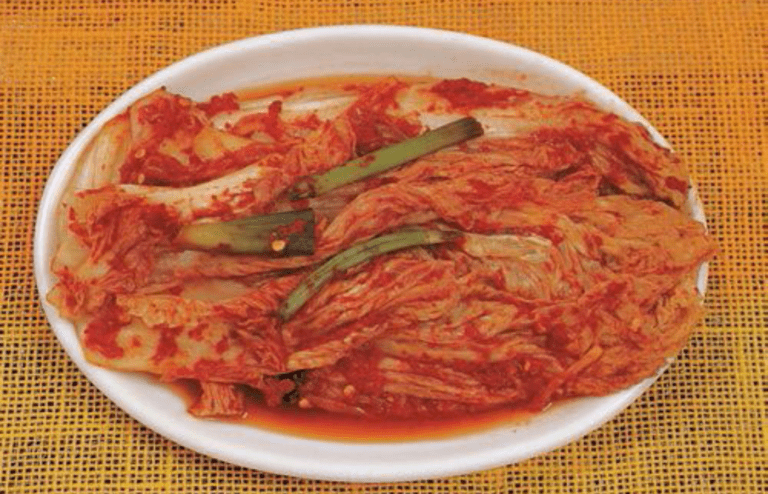The use of genetically modified organisms (GMOs) in food is so prevalent in the United States that many have made their way into much, if not most, of what Americans consume. Here are 10 foods you didn’t know are GMO.
10. Honey
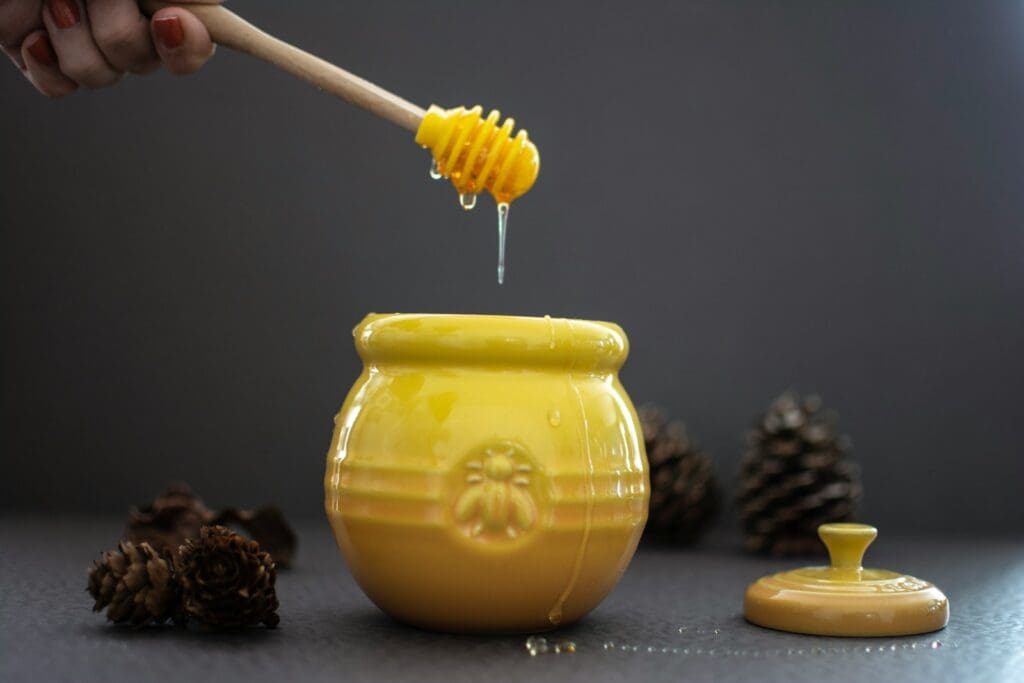
You might assume honey, especially raw honey, is an unmodified food. But bees gather pollen indiscriminately from both natural and GMO plants. Most commonly, it’s pollen from corn, which has a problem with pollen drift and contamination. It’s increasingly difficult for honeybee farmers to guarantee that their products are non-GMO. Further, honey finds its way into numerous honey-sweetened products.
9. Soy
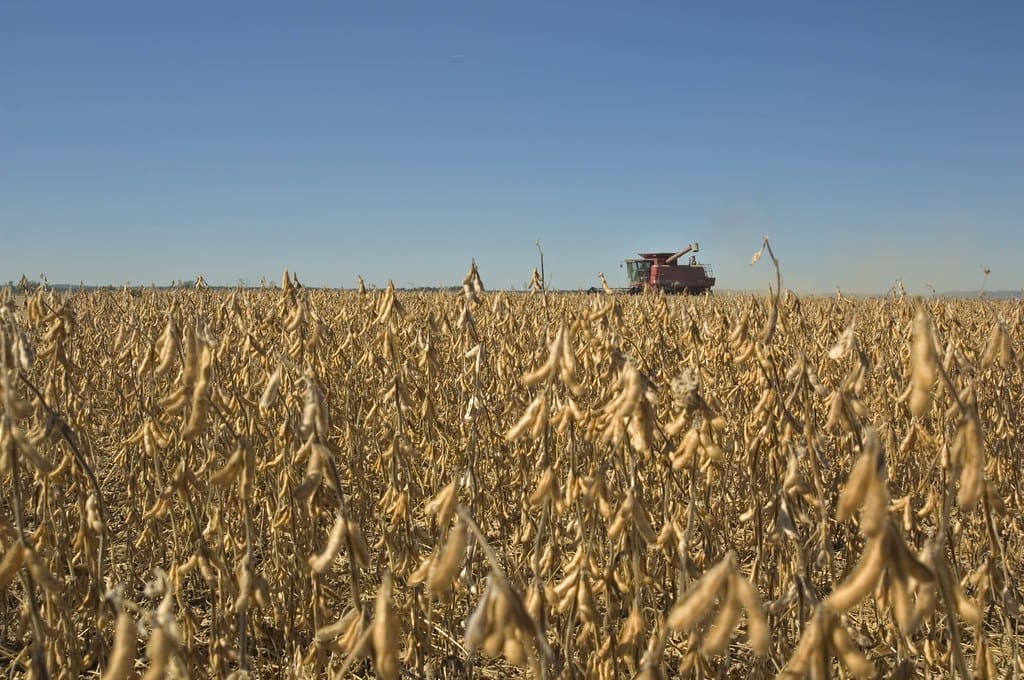
All of the soybean crops produced in the United States are 93% GMO. Soy probably makes up more of one’s diet than most people realize. It’s the second-most grown crop in America and is in numerous products. Soy and soy-derived oil is in all kinds of foods and condiments. The chance you are ingesting GMO soy is very high.
8. Sugar
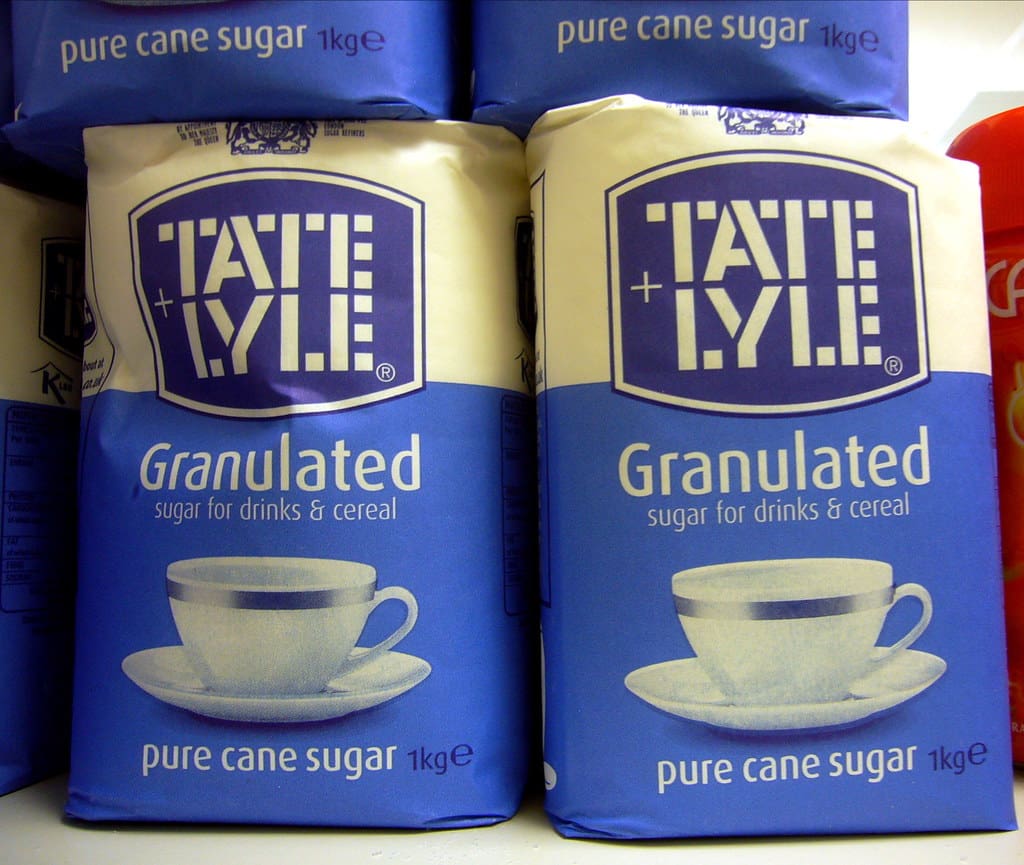
Sugar beets are a primary source of sugar. Sugar beets farmed in the United States are 90% GMOs. In 2010, the USDA deregulation allowed farmers to grow a herbicide-resistant species of sugar created by the Monsanto Corporation. It’s difficult to isolate the GMO sugar sources. If a product lists sugar, there’s a 90% chance it’s from GMO sugar beets.
7. Cotton (Oils)
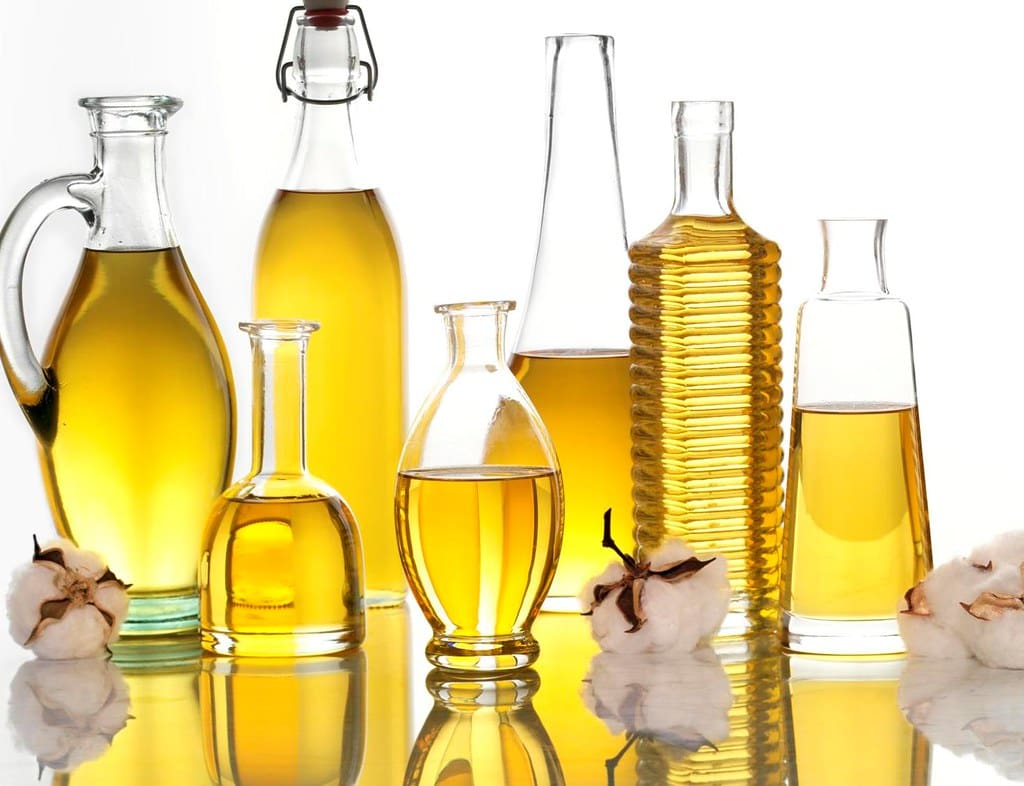
Cottonseed oil has been in the food Americans eat for over a century. It’s used in salad and cooking oils, which account for roughly 56% of all US cottonseed usage. An additional 36% is used to fry foods like potato chips and French fries. You’ll find cottonseed oil in chips, crackers, pretzels, sunflower seeds, graham crackers, and pancake mixes.
6. Canola Oil
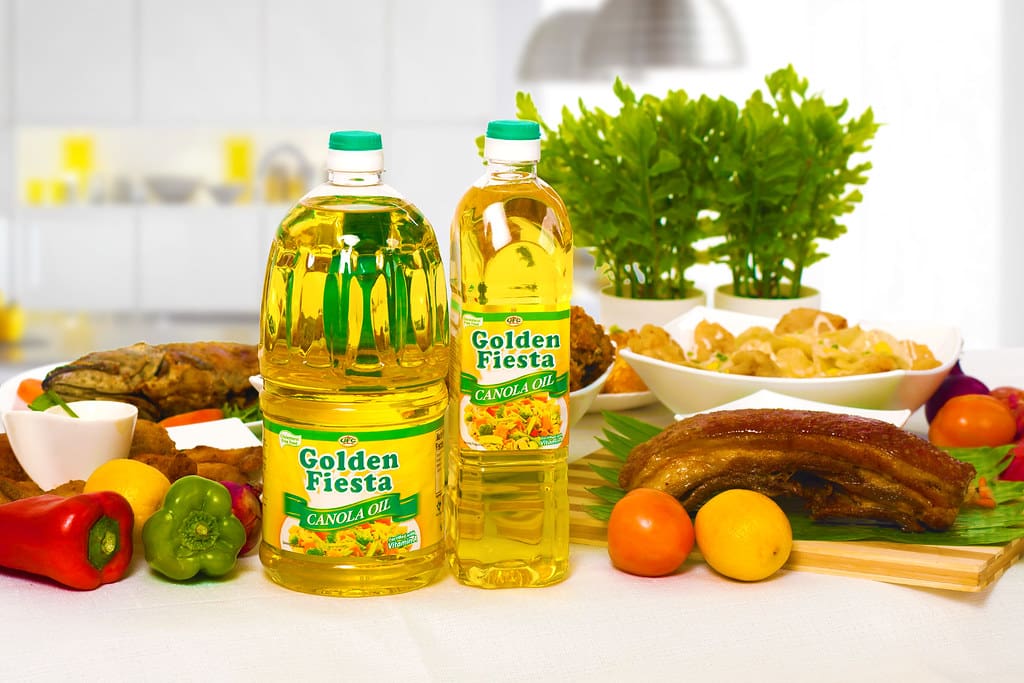
Most restaurants use canola oil to fry food. Canola oil is derived from the rapeseed. In the US, 90% of rapeseed crops are GMO. It has contaminated the wild crops and is problematic for the farmers producing non-GMO rapeseed. Canola oil is widely used in frozen potatoes, condiments, salsas, cereals, chips, crackers, margarine, breads, granola, microwave popcorn, and more.
5. Potatoes
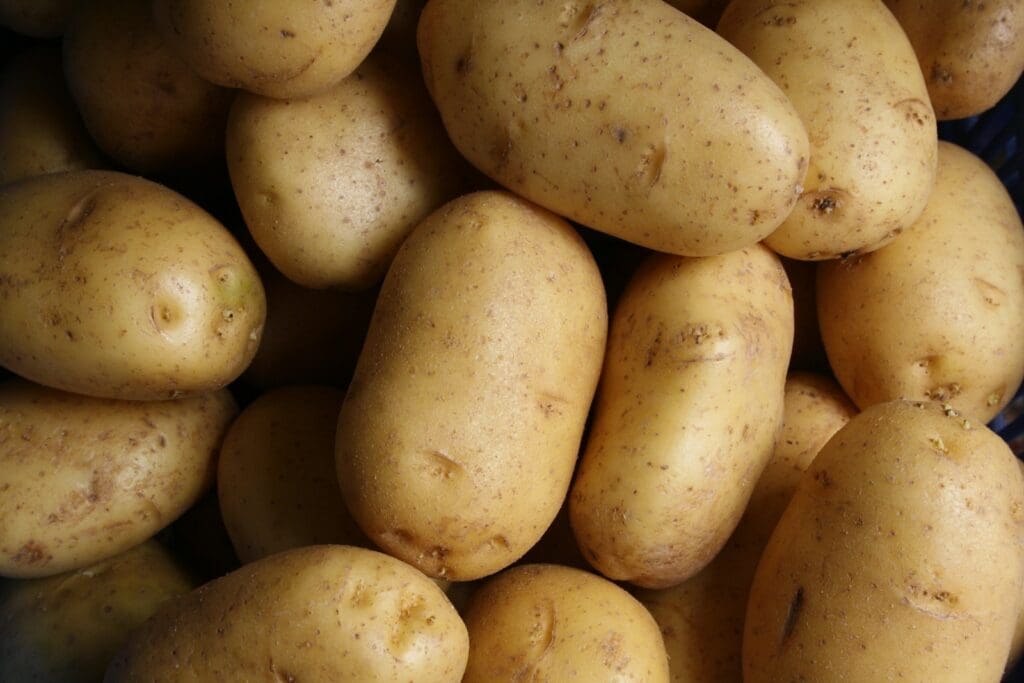
In 2014, the USDA approved a new form of GMO potato for America that reduces the amount of acrylamide when fried. During the frying process, acrylamide is believed to contribute to cancer. These new potatoes are also bruise-resistant, which helped make them more profitable. They were created for the fried potato market to be made into potato chips and French fries.
4. Papayas
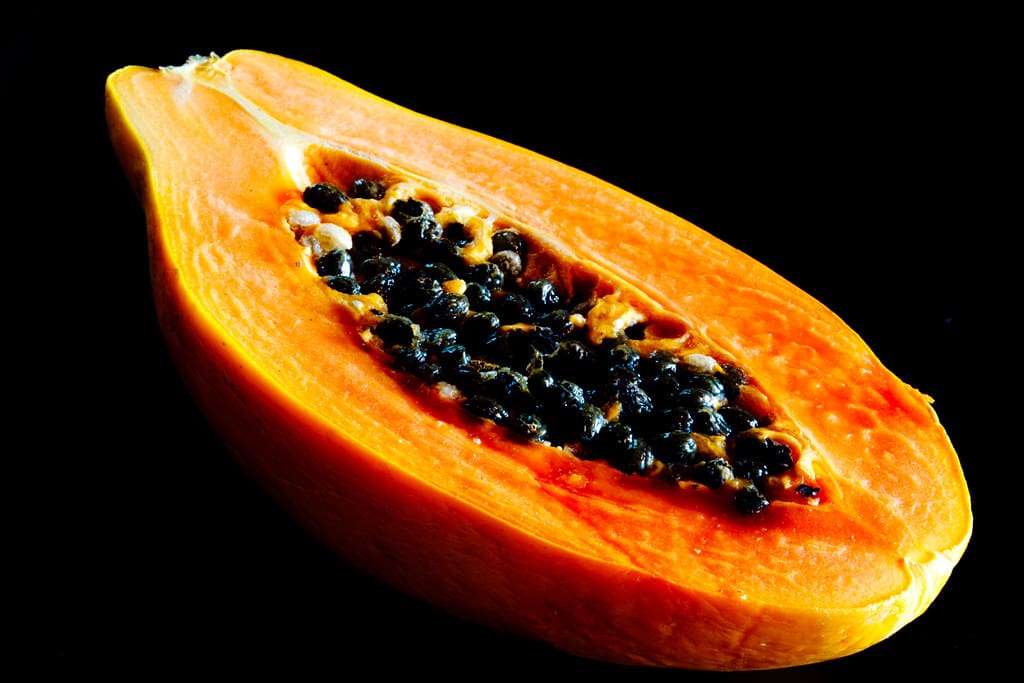
Papayas are a case where GMOs may have saved the species from extinction. Hawaiian papaya is almost certainly a GMO. The papaya ringspot virus (PRSV) forced nearly all papaya production to move to Puna. But by 1992, PRSV reached the plants there. By the late 1990s, a newly manufactured GMO crop of papaya survived the virus and saved the papaya.
3. Yeast
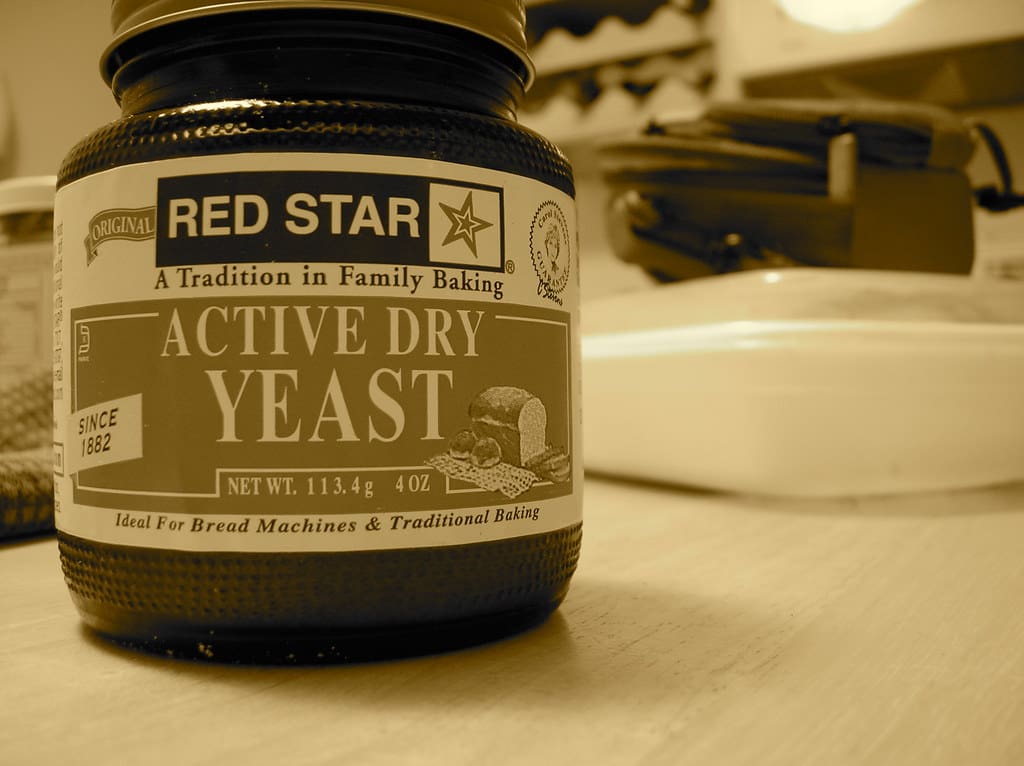
Yeast is a necessary ingredient for producing bread and alcohol. A GMO wine yeast called ML01 was created by scientists at the University of British Colombia to help people with migraines and hypertension. Because it isn’t regulated, if you’re from the United States or Canada, you might be consuming it unknowingly.
2. Tobacco
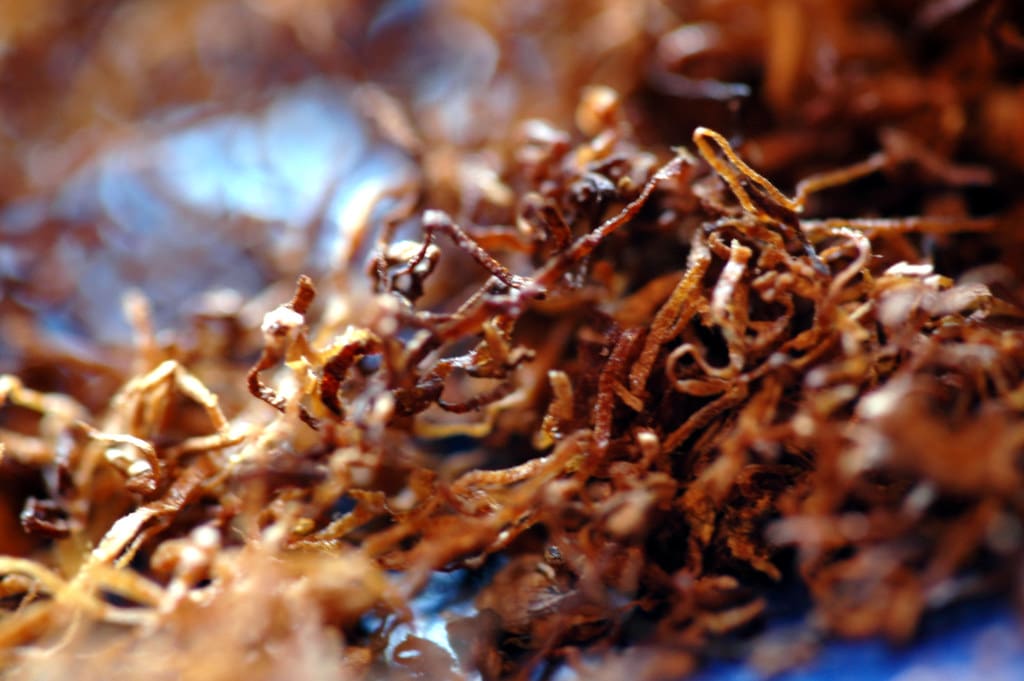
Tobacco has been proven harmful to humans already, so add GMOs to the list. It’s one of the biggest cash crops in America, where 90% of tobacco grown is GMO. Scientists have injected or infused the genes of bacteria from other living things into tobacco seeds to make the plant develop DNA that has “built-in” resistance to pesticides and herbicides.
1. Dairy Products

Scientists genetically engineered recombinant bovine growth hormone (rBHG) to increase a cow’s milk production by around 10%. Usage is common throughout the dairy industry. Therefore, almost anything dairy is GMO, such as milk, butter, cheese, protein powder, and ice cream. Plus, many dairy farms feed their cows GMO products such as corn, soy, alfalfa, cottonseed, and sugar beets.





